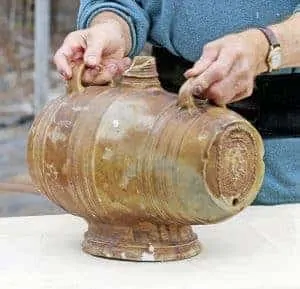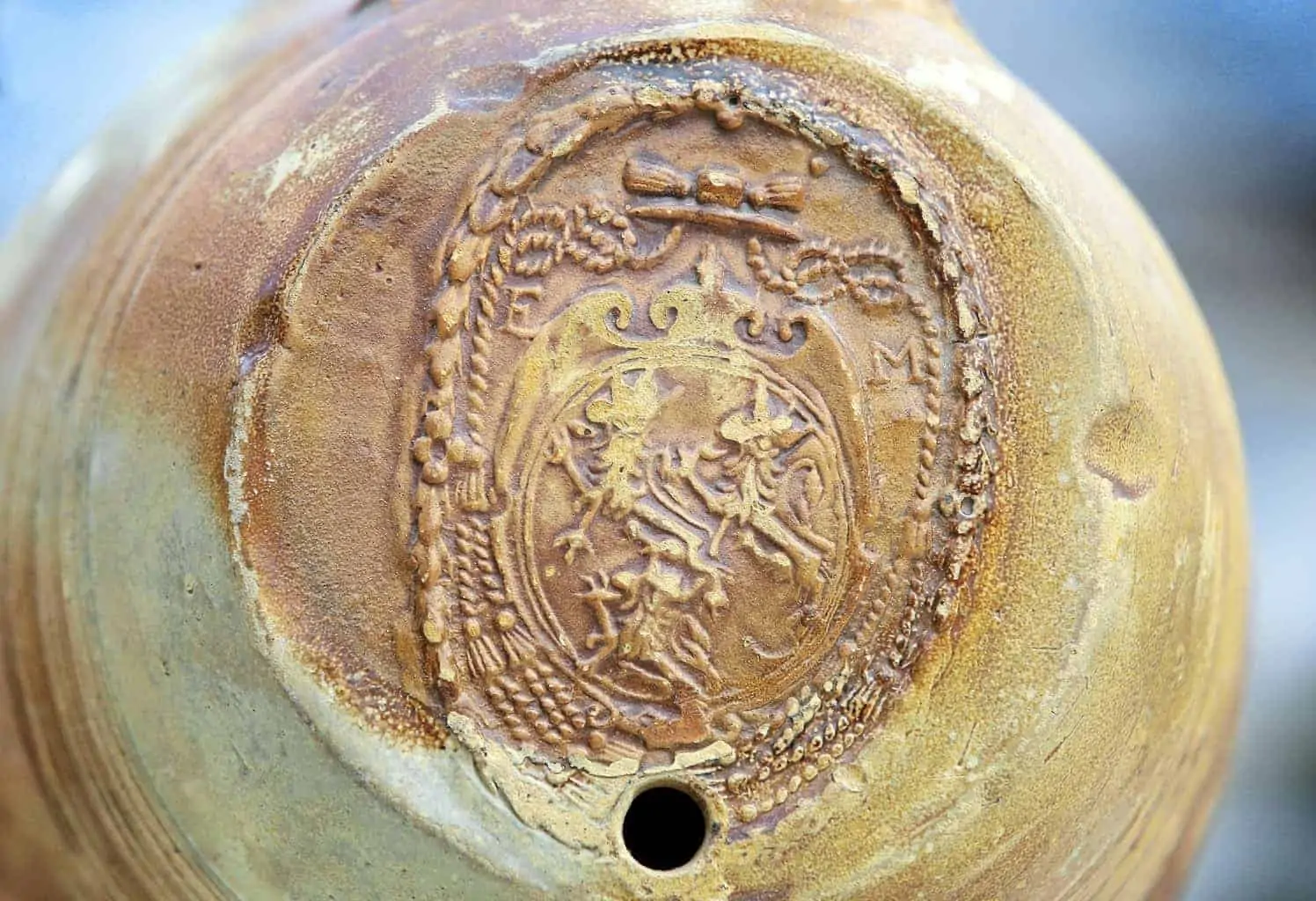A host of unique finds have been recorded by divers, beach walkers, recreational anglers and other marine users in the first year of the Marine Antiquities Scheme. Archaeological and historical discoveries ranging from Neolithic flints and Roman serving wares to post-medieval candlesticks and remnants of modern ordnances have been submitted, with location information and photographs of the items.
Launched in July 2016, the Marine Antiquities Scheme (MAS) is a joint initiative, funded by The Crown Estate, modelled on The British Museum’s Portable Antiquities Scheme (PAS) and managed by Wessex Archaeology.
The scheme was established to enhance awareness of the nation’s marine heritage by helping characterise the archaeological nature of the marine environment. It also allows finders to learn more about their discoveries and gives the public access to data for research. The Crown Estate funds the MAS as part of its responsible management of the seabed and for the benefit it delivers in helping to de-risk future opportunities using the seabed, such as offshore wind and other developments.
Central to MAS is a simple-to-use app that makes recording finds easy and gives finders immediate feedback, as well as instructions on their statutory obligations including the need to report wrecks to the Receiver of Wreck, an official of the Maritime and Coastguard Agency.
Following the submission of a new find, a support team of archaeological experts undertake research on each item to learn more about its origins and history. The information is then published on the MAS database, which is accessible to anyone interested in the history hidden under the waves and provides opportunities for wider research.
To date, the majority of the finds have come from Kent and Essex, reflecting the especially active diving communities in those areas.

The Crown Estate’s senior development manager, Matthew Clear, said: “I am delighted that the MAS reached 100 finds in its first year, it is a clear sign that there is a strong appetite for the voluntary reporting of underwater discoveries. The positive uptake of the scheme by divers, fishermen, and other coastal visitors has delivered a wealth of information which supports our responsible management of the seabed, and aids us in de-risking future opportunities and encouraging investment.”
Wessex Archaeology’s Toby Gane adds: “We have had some very interesting post-medieval ‘onion bottles’ dating to around 1700 and what looks like a German salt-glazed stone wear jug from a similar period, along with later dated square gin bottles, and pottery finds from the 19th and 20th centuries.”
While many finds are newly discovered, the scheme also enables those with legacy finds, recovered and reported in previous years, to submit them to the MAS database.
One such find was a salt-glazed stoneware barrel costrel, almost certainly German and probably dating to the 17th century. It was originally recovered in 1966 during a dive at a depth of approximately 18m. It was found along with two lots of cannon, cannonballs and lead sheeting at a site near the Channel Islands.
More unusual items reported include the remnants of a ship’s funnel or ventilator that was to be used in an art exhibition, and a symmetrical 19th century surgeon’s pestle.








